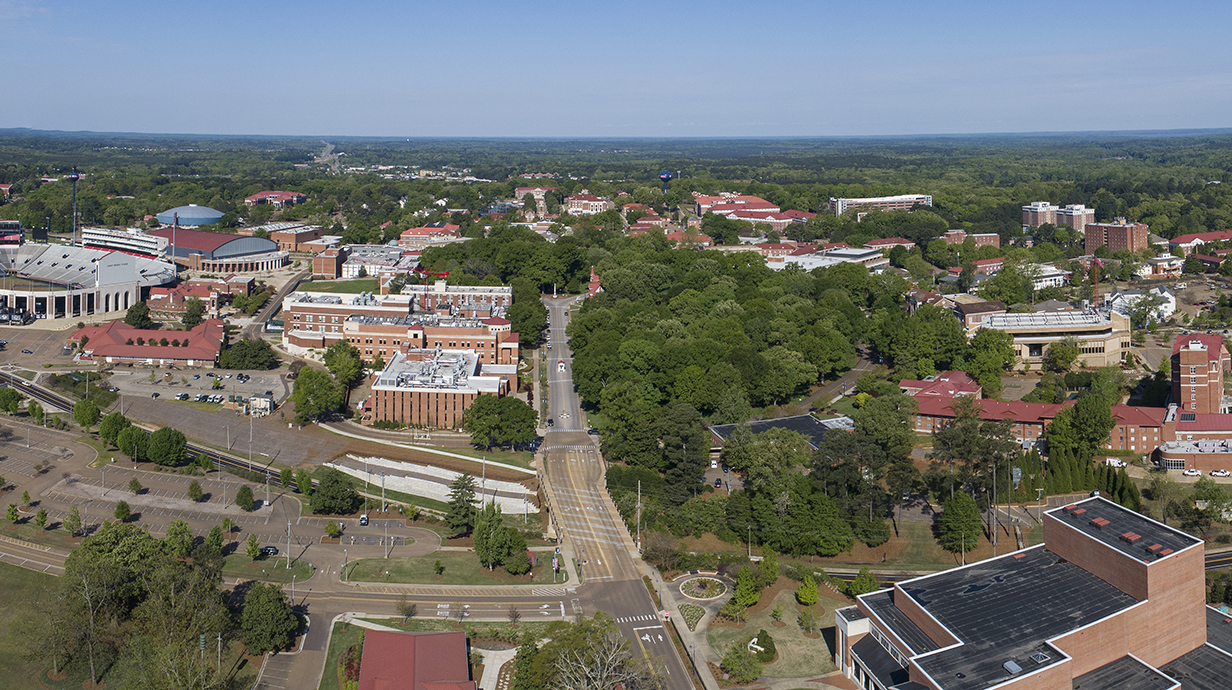Clery Act
The Clery Act is a law that requires the University to disclose information about campus safety, security policies, crime, and fire statistics.

What is the Clery Act?
According to the Higher Education Act, 20 U.S. C. 1092 now known as the Jeanne Clery Disclosure of Campus Security Policy and Campus Crime Statistics Act, or "Clery Act," the University must collect certain campus crime statistics. This law applies to certain crimes reported to the police and other campus officials.
-
Clery Policy
View the Clery Policy -
2025 | Annual Security and Fire Safety Report
This report provides statistics for the previous three years concerning reported crimes on campus, in certain off-campus buildings, or property owned, leased, or controlled by the University. This report also includes institutional policies concerning campus security, such as sexual assault, alcohol, and other drugs. It uses the information maintained by The Equal Opportunity and Regulatory Compliance Department and UPD, information provided by other University offices such as Student Affairs, Residence Life, Office of Conflict Resolution and Student Conduct, Campus Security Authorities, and information provided by local law enforcement agencies surrounding campus.
Download the 2025 Report -
2024 | Annual Security and Fire Safety Report
Download the 2024 Report -
2023 | Annual Security and Fire Safety Report
Download the 2023 Report -
2022 | Annual Security and Fire Safety Report
Download the 2022 Report
More Information
- Criminal Offenses: Criminal homicide (murder and non-negligent manslaughter, manslaughter by negligence), sexual assault (rape, fondling, incest, statutory rape), robbery, aggravated assault, burglary, motor vehicle theft, arson
- Hate Crimes: Any of the above-mentioned offenses, and any incidents of: larceny-theft, simple assault, intimidation, destruction/damage/vandalism of property
- Violence Against Women Act Offenses: Domestic violence, dating violence, stalking
- Arrests and Referrals for Disciplinary Action: Weapons law violations, drug abuse violations, liquor law violations
Clery Act crime reporting is not strictly limited to events that occur on campus or within campus buildings and residences. Statistics for crime that occur in any of these geographic areas must also be included:
- On-campus (anywhere)
- On-campus student housing
- Public property within campus bounds
- Public property immediately adjacent to the campus
- Non-campus buildings and property owned or controlled by the organization that are used for educational purposes and frequently used by students but not a part of the core campus, or those owned or controlled by a student organization officially recognized by the institution
To view locations subject to Clery reporting, visit the Interactive Campus Map and use the interactive legend on the left side of the map to nagivate to the "Services" category. Select the "Health & Safety" category. Click on the "Clery Geography" category. From here, select and view specific options.
A Campus Security Authority is a person that has a duty to report a crime and take action when it is reported. The Clery Act defines a CSA as:
- University Police and Campus Safety
- Any individual(s) who have responsibility for campus security, but who do not constitute University Police and Campus Safety.
- Any individual or organization specified in an institution’s statement of campus security policy as an individual or organization to which students and employees should report criminal offense; or
- An official of an institution who has significant responsibility for student and campus activities, including, but not limited to, student housing, student discipline and campus judicial proceedings.
- An “official” refers to someone with the authority and duty to take action or respond to specific issues on behalf of the institution. The focus is on the individual’s role and responsibilities, not their job title. Those who have direct involvement with students, such as deans overseeing student housing, resident advisors, Greek affairs coordinators, athletic directors, coaches, faculty advisors to student groups, etc. are considered CSAs.
- The following non-CSA positions/functions include but are not limited to faculty members without responsibility for student and campus activity beyond the classroom; physicians/nurses in Student Health who only provide care for students; clerical or administrative support staff; cafeteria staff; facilities maintenance staff; information technology staff, licensed mental health or pastoral counselors, when acting within the scope of their license or certificate; and other like functions.
The Stop Campus Hazing Act (SCHA) requires CSAs to report incidents of hazing to the Clery Compliance Officer. The SCHA is meant to improve hazing reporting and prevention on college campuses. The SCHA requires colleges to include hazing incidents in their Annual Security Reports.
